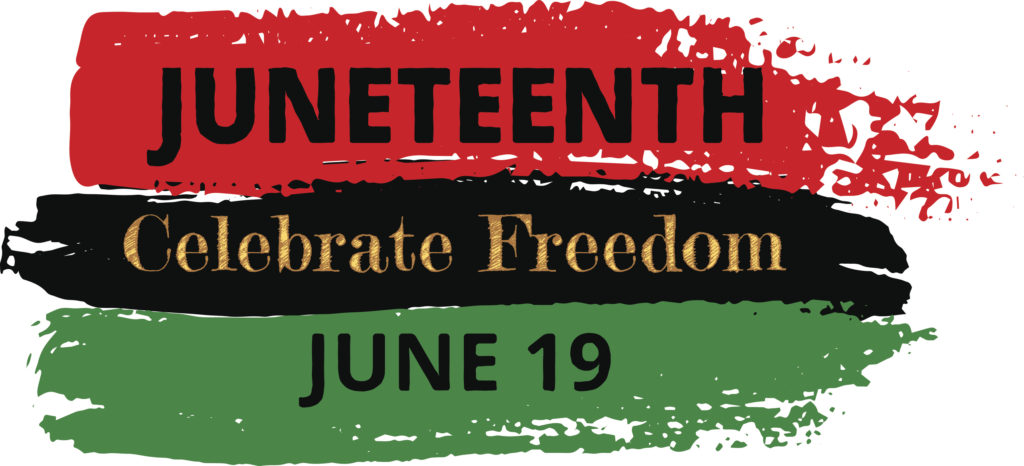June 19 marks the annual observance of Juneteenth Independence Day, which commemorates the June 19, 1865 abolition of slavery and emancipation of enslaved people across Texas and the former Confederate states. Following the end of the Civil War, the Juneteenth proclamation formally ended one shameful chapter of U.S. history. Today, Juneteenth is widely observed as a celebration of African American history and heritage.
As we all know, Emancipation was only one battle won in the centuries-long struggle for black Civil Rights – a struggle that is far from over. Racism continues to rear its ugly head in every aspect of American life. Income and housing inequality, police brutality, voter suppression, hate speech, and political bigotry are just a few of the forms that racism still takes.
One racial justice issue that doesn’t get discussed nearly as much as it should is healthcare equity. According to the CDC, African American adults are less likely to see a doctor due to high costs, lack of accessible care, or other barriers. Institutional racism means the health concerns of black patients are often taken less seriously than white patients, and serious health issues are often diagnosed later. The CDC reports that African Americans ages 18-49 are twice as likely to die from heart disease than whites, and African Americans ages 35-64 years are 50% more likely to have high blood pressure than whites. They are also more likely to suffer from conditions such as diabetes and strokes at an earlier age, as experiences of racism in healthcare often deter people of color from getting the preventative screenings needed to catch the warning signs of these issues.
These health inequalities are also pronounced in the black LGBTQ community. Black gay and bisexual men are more affected by HIV than any other group in the United States; in 2017, they accounted for 26% of total new HIV diagnoses and 37% of new diagnoses among all gay and bisexual men, according to the CDC. Queer women, and in particular black queer women, are less likely to have regular preventative care such as mammograms and cervical cancer screenings. Black transgender women experience profound health and wellness inequality. An estimated 44% of black transgender women are living with HIV. Transgender women of color are also disproportionately targeted in violent hate crimes and make up the majority of transgender murder victims.
True racial justice cannot exist while these barriers to health and wellness still exist. Fenway Health is committed to ending the silos that keep minority groups from accessing the care that they deserve. One important initiative is the Racial Justice and Equity Collaborative, an employee resource group created by Fenway Health staff to address the impact of racism in healthcare by maintaining an ongoing space for conversation and training specific to race in the workplace.
For over 40 years, Fenway Health have operated under the principal that healthcare is a right, not a privilege. Let us all keep that simple yet powerful belief in mind as we recommit to fighting racism wherever we find it and building a better world for all.
Want to receive email updates about what’s happening at Fenway Health? Sign up here.


